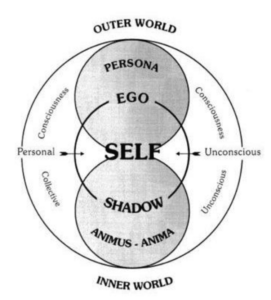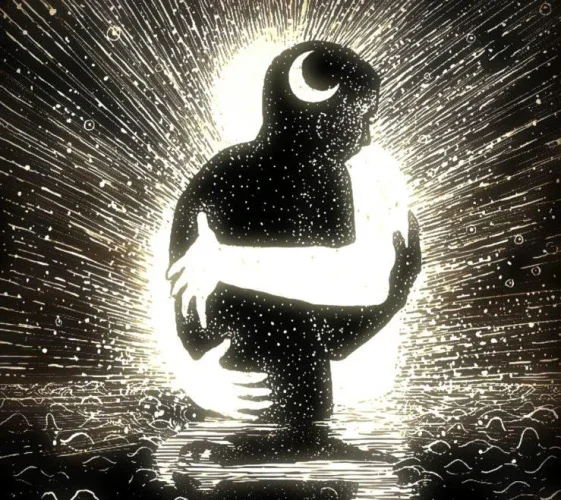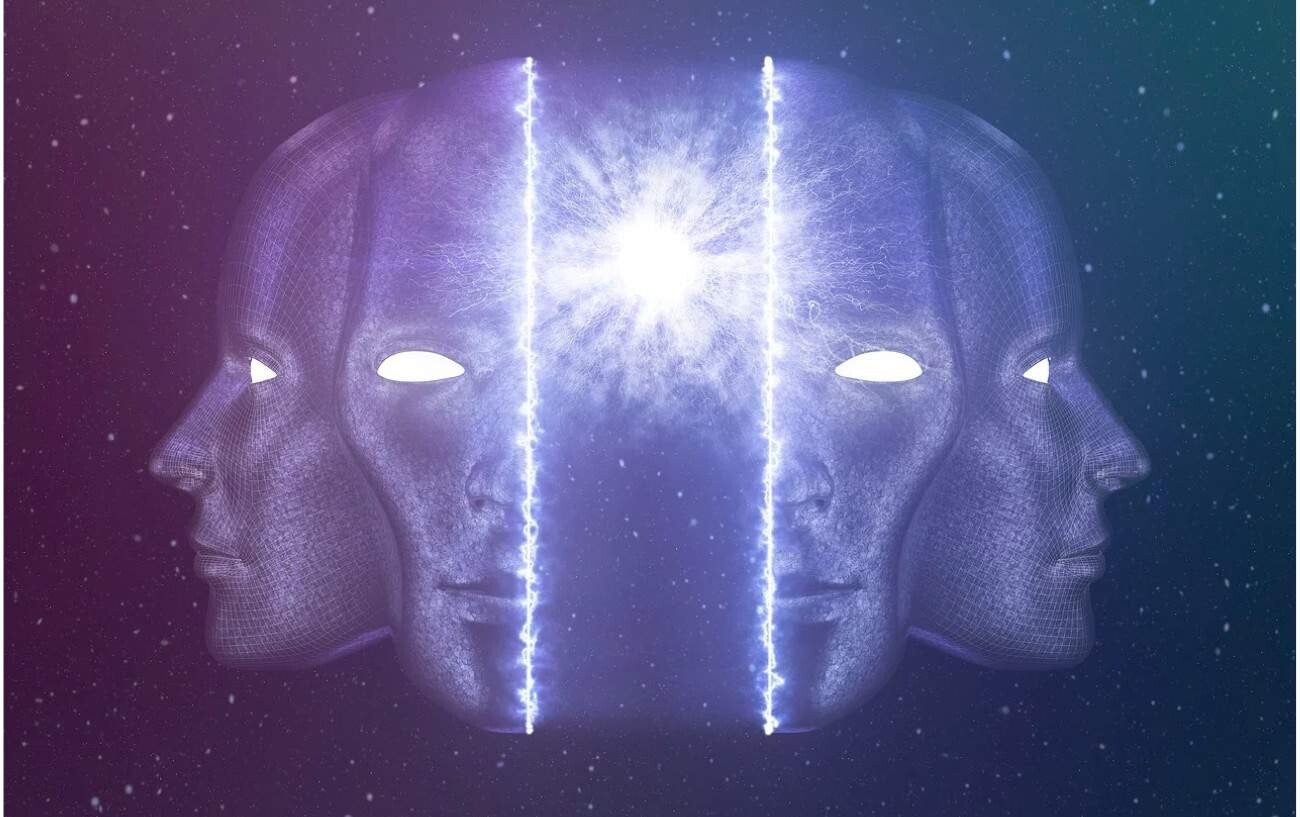
The Principles of Jungian Psychology: Spiritual Practices for Balance and Wholeness
"Everything that irritates us about others can lead us to an understanding of ourselves"
Jungian psychology, developed by Swiss psychiatrist Carl Gustav Jung, delves into the depths of the human psyche to uncover the mysteries of self-realisation and balance. At its core, Jungian thought emphasises individuation; the process by which an individual integrates various aspects of their personality to achieve a harmonious and authentic existence.
This path towards wholeness incorporates the exploration of archetypes, the collective unconscious, shadow work, and the transcendent experiences often associated with ego death. When aligned with spiritual practices, these principles not only guide individuals toward balance but also connect them with the universal energies that transcend time and culture. By examining archetypes in relation to the Gods, we can further understand the intricate interplay of psychological and spiritual dynamics.
Key Principles of Jungian Psychology

The Collective Unconscious and Archetypes
Jung proposed that beneath our personal unconscious lies a collective unconscious, a shared reservoir of ancestral memories and symbols common to all humans. Within this realm reside archetypes; universal, primordial patterns of human experience. Examples include the Hero, the Mother, the Trickster, and the Shadow. These archetypes manifest in myths, dreams, and religious symbols across cultures, offering timeless insights into the human condition.

Individuation
Individuation is the lifelong journey of integrating disparate elements of the psyche into a cohesive self. It requires engaging with the unconscious to harmonize conflicting forces within, fostering personal growth and self-realisation.

Shadow Work
The Shadow represents the repressed, denied, or unacknowledged aspects of the self. These elements, though often seen as negative, carry immense potential for growth and creativity. Shadow work involves facing and integrating these hidden parts to dissolve internal conflicts and achieve psychological balance.

Ego Death
Ego death is a transformative experience where the individual transcends their limited, constructed identity. This process, often catalysed by intense psychological or spiritual experiences, fosters a deeper connection with the universal self and can lead to profound feelings of unity and renewal.

Spiritual Practices for Balance and Wholeness
Jungian principles naturally lend themselves to spiritual practices, as both aim to uncover the deeper truths of existence. The following practices are particularly resonant with Jungian psychology:
Dream Analysis Dreams serve as a direct channel to the unconscious, offering symbols and narratives rich in archetypal meaning. Interpreting dreams can uncover insights into unresolved conflicts, shadow elements, and the path forward in the individuation journey.
Meditation and Active Imagination Meditation fosters introspection and awareness, creating space to encounter the unconscious. Active imagination, a Jungian technique, involves dialoguing with inner figures and symbols to integrate unconscious material consciously.
Ritual and Symbolism Engaging with symbolic practices, such as rituals, art, or mythic storytelling, helps individuals connect with archetypal energies. This alignment facilitates spiritual growth and psychological integration.
Shadow Work Practices Techniques like journaling, guided visualization, and psychotherapy provide structured approaches to confront and integrate shadow aspects, enabling individuals to embrace their wholeness.
The Integration of Jungian and Egyptian Archetypes
By examining the Deities through a Jungian lens, we uncover a profound alignment between mythological figures and psychological principles. Engaging with these archetypes through meditation, visualisation, or ritual can bridge the gap between ancient wisdom and modern understanding. For instance:
- Invoking Isis during shadow work can provide emotional support and intuitive guidance.
- Reflecting on Osiris’s story can inspire resilience during transformative periods, such as ego death.
- Contemplating Horus’s journey can energize personal quests for justice and truth.
Illuminate the Path
Jungian psychology and spiritual practices converge to illuminate a path toward balance and wholeness, offering tools to navigate the complexities of the psyche. By engaging with shadow work, embracing ego death, and exploring archetypal energies - whether through Jung’s theories or the timeless symbolism of the Egyptian pantheon - individuals can transcend personal limitations and connect with the universal. This transformative journey not only fosters personal harmony but also deepens our collective understanding of the human spirit.

